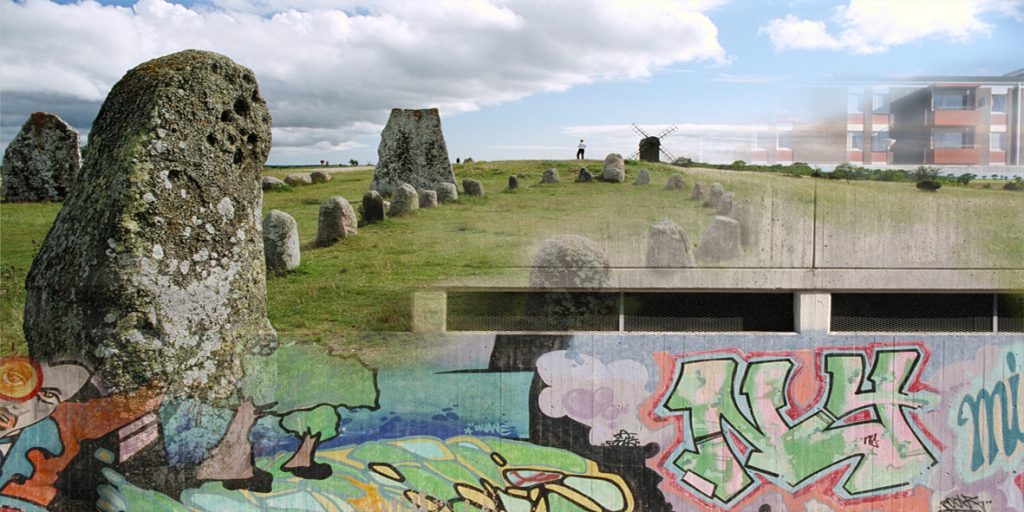 Foto: Bengt A Lundberg ( CC BY)
Foto: Bengt A Lundberg ( CC BY) Assignment of the Swedish National Heritage Board
The Swedish National Heritage Board is Sweden’s central administrative agency in the area of cultural heritage. The responsibility primarily covers cultural landscapes, cultural environments, cultural objects and museums.
Our assignment is to, based on the national cultural policy objectives and the national goals for cultural environment, be encouraging and supportive within this area of activity.
The assignment includes ensuring that the cultural value of buildings and landscapes is preserved, utilized and developed, and watching over the interests of the cultural heritage and cultural environment in community planning and construction.
We also offer technology and methodological support to museums and coordinate and support the work with digitalisation, digital preservation and digital mediation in the field of cultural heritage. We annually distribute approx. 300 MSEK in state grants.
The Swedish cultural policy objectives
Culture is to be a dynamic, challenging and independent force based on the freedom of expression. Everyone is to have the opportunity to participate in cultural life. Creativity, diversity and artistic quality are to be integral parts of society’s development.
To achieve the objectives, Swedish cultural policy is to promote:
- Opportunities for everyone to experience culture, education and develop their creative abilities
- Quality and artistic renewal
- A dynamic cultural heritage that is preserved, used and developed
- International and intercultural exchange and cooperation in the cultural sphere
- Equal access to arts and culture for children and youth
The Swedish cultural environment policy
Cultural heritage protection and site management in Sweden aims to preserve and manage sites of historical, architectural or archaeological significance and to empower cultural heritage as a force in the evolution of a democratic, sustainable society. The national cultural environment goals are:
- a sustainable society with a great diversity of cultural heritage sites which are to be preserved, used and developed,
- people’s participation in cultural heritage management and their potential to understand and take responsibility for the cultural heritage,
- an inclusive society with the cultural heritage as a shared source of knowledge, education and experiences,
- a landscape management perspective in which cultural heritage is utilized in the development of society.
Public cultural heritage management is regulated mainly by the Historic Environment Act.
Roles and responsibilities
The Swedish National Heritage Board works on a national level with the assignments described above. The majority of decisions concerning the local and regional level pursuant to the Historic Environment Act are made by the 21 County Administrative Boards, which are state authorities with regional responsibility for matters including cultural heritage management. The Swedish National Heritage Board oversees this work.
The museums in Sweden are largely independent and self-governing in accordance with the Museums act. The Swedish National Heritage Boards role towards the museums are supportive and none governing.
Since 2000 the Church of Sweden is no longer a state church, but receives 46 million euros in state grants each year to cover costs for measures concerning preservation of the 3,700 or so listed churches.
See also: Ministry of Culture